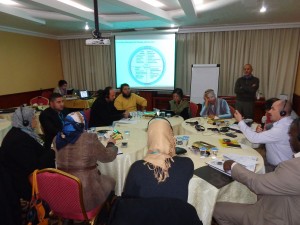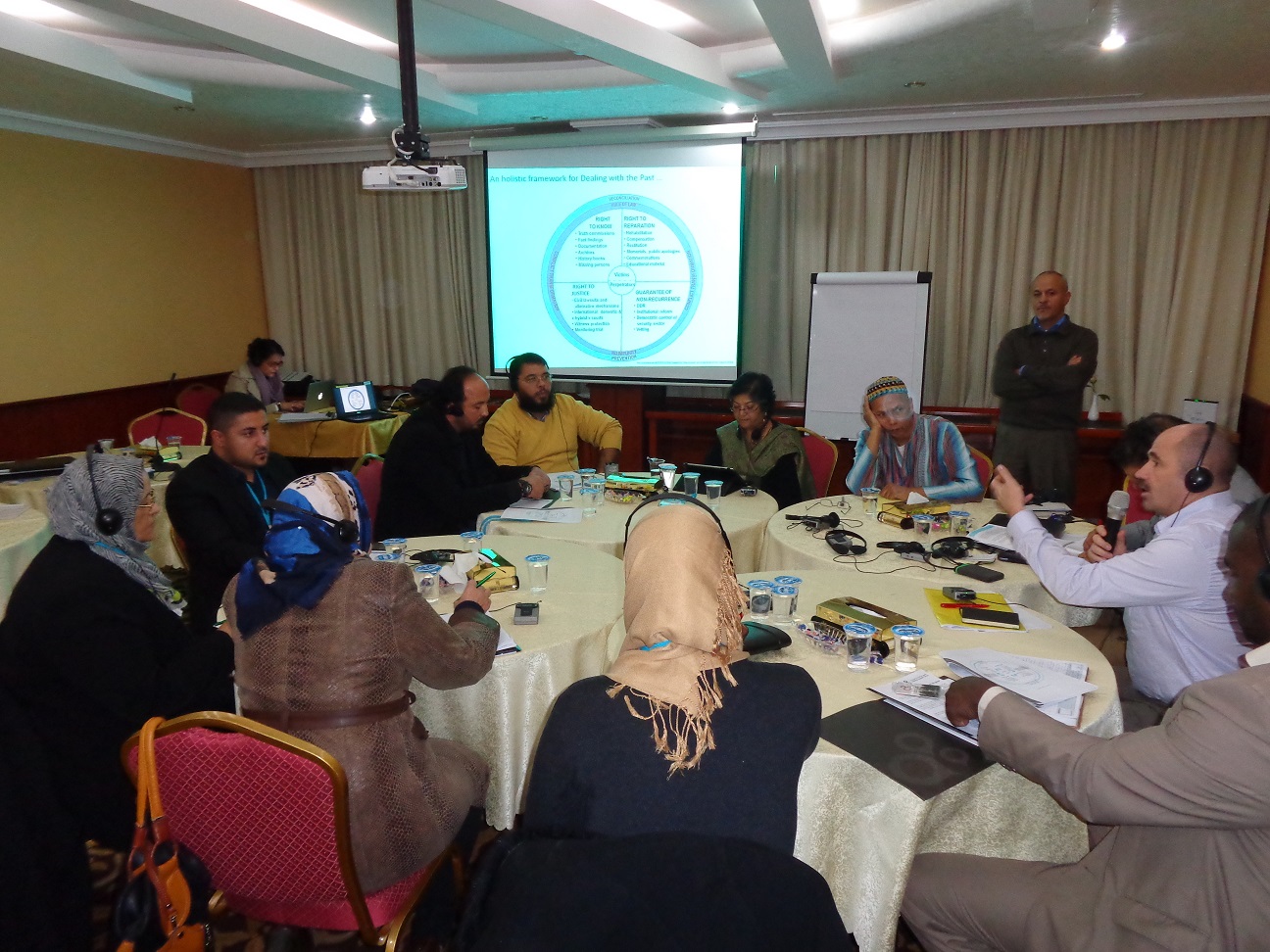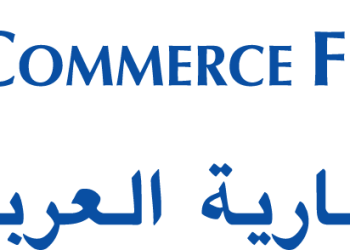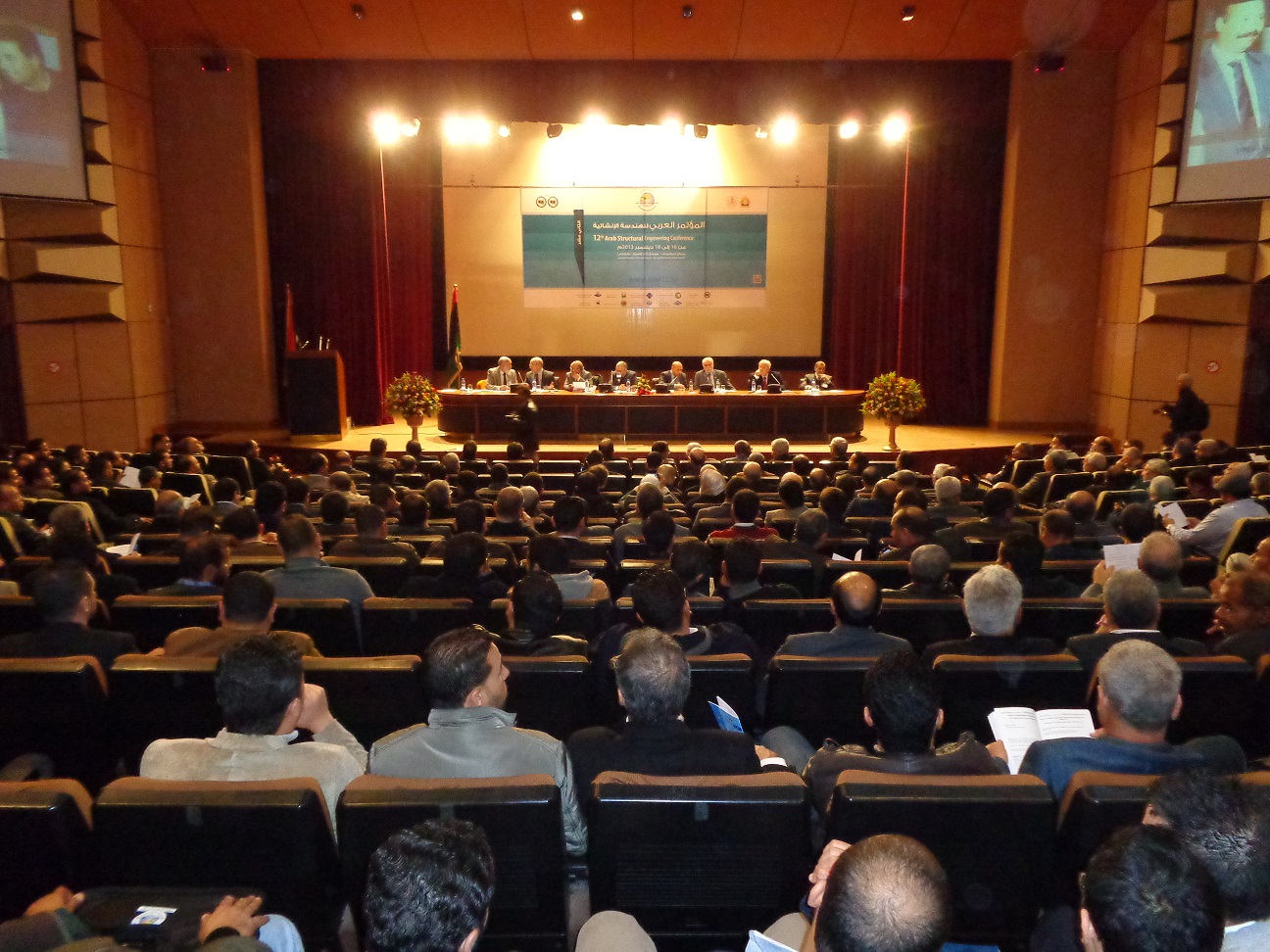By Sami Zaptia.

Tripoli, 17 December 2013:
The National Support Group (NSG), a leading Libyan NGO organised a workshop on reconciliation sponsored by . . .[restrict]the Swiss Embassy in Tripoli.
The workshop entitled “Libya’s dealing with the past 2013” is being held between 14-18 December and will include sessions in Tripoli, Zintan and Zawya.
The workshop had invited three leading experts in the field of reconciliation from Switzerland and South Africa and included Libyans from Zintan, Zawya, Amazigh, Tawergha as well as former NTC members, GNC members and various NGOs.
The experts shared their experiences in Switzerland and South Africa in “dealing with the past” with regards to past events in their nations which were contentious such as Apartheid in South Africa and dealing with the issue of Nazi-era bank deposits for Switzerland.
The experts explained the “Four Pillar” framework used for dealing with the past which are: The right to know the truth; the right to justice; the right to victim reparations; and the guarantee of the non-recurrence of the negative past event.
South African expert Yasmin Suka, a human rights activist and former member of its Truth and Reconciliation Commission said that it was “important to address the past as a 2011 World Bank study had shown that countries that had not addressed their past were less likely to progress and develop”.
Farid Ishaq, a South African Islamic Scholar and a human rights and equality expert and activist, referring to the South African experience, said that “there is the need to respect plurality, and that in the case of Libya which has no differing religious groupings, there is also the need for the respect of the plurality of the different interpretations of Islam”.
Swiss expert Serge Rumin, Deputy Head of the Task Force Dealing with the Past and Prevention of Atrocities, said neutrality was a very an important principle for Switzerland and that Switzerland had to deal with its own past with regards to the issue of Nazi-era deposits in its banks.
He explained that at the heart of dealing with the past is the dynamic of the victim and the perpetrator and the holistic framework of the Four Pillars.
It is hoped that by sharing their experiences and lessons in Tripoli, Zintan and Zawya over the four days, the foreign experts can help Libya in its own reconciliation effort with its various issues such as dealing with the Qaddafi era perpetrators, the Misrata-Tawegha issue and the various other tribal and political contentious issues.
It must be reported however, that the session set aside for government participation was very disappointing for despite confirming that there would be some level of Ministerial participation, the government, unlike the GNC, failed to turn-up and participate in this very important subject.
For more on the National Support Group see: https://www.facebook.com/pages/NSG-LIBYA/261942767179719 [/restrict]





